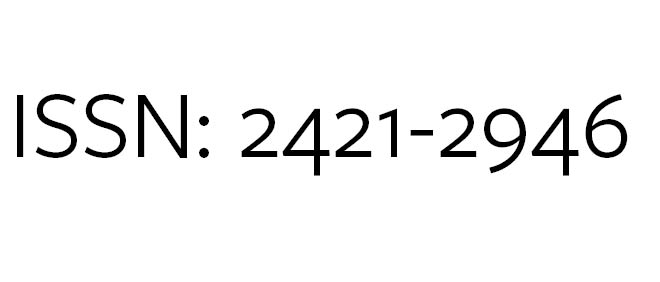Evaluating the moral education curriculum
Rossella D’Ugo
The research hypothesis discussed in this paper focuses on the definition of monitoring tools that allow teachers to respond cyclically and critically to certain specific questions, including: which teaching practices / actions must be implemented in order to develop and foster democratic habits and communication skills in students? Which logical type of learning can be promoted through the definition of a Moral Education (ME) curriculum and the implementation of didactic actions oriented around it? And, consequently, how is it possible to monitor this learning? Finally, how can we define a set of quality criteria of curricular design with regards to the purposes of Moral Education? The option presented here aims to define forms of evaluation of the ME curriculum that privilege the qualitative dimension of data collection through forms of hetero and self-evaluation. The contribution is divided into two parts. The first part is dedicated to the definition of tools designed for evaluation within the curriculum, with the aim of monitoring the educational process in order to guide its progress. The second part is dedicated to the definition of tools designed for evaluation of the curriculum, to be implemented at the end of the training course like a «balance sheet», in preparation for the design of future curricula.
Keywords
School curriculum, Assessment-evaluation, Monitoring tools, Teaching professionalism.



